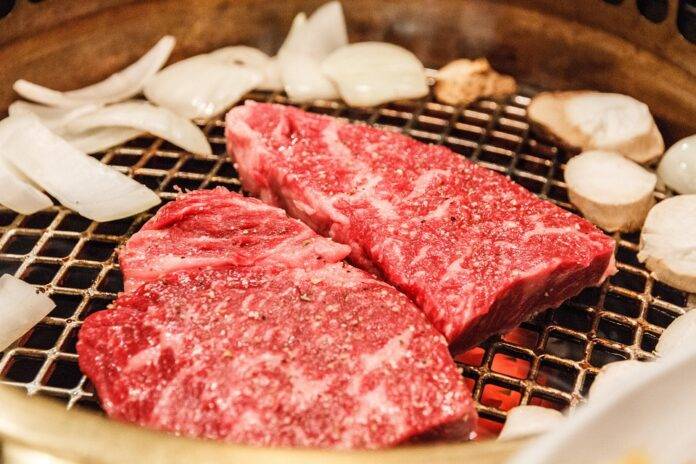Climate Change and Wagyu Farming Challenges
Climate change poses significant challenges to the agriculture sector, including Wagyu farming. The impact of climate change, such as extreme weather events, shifting precipitation patterns, and rising temperatures, can directly affect the production and quality of Wagyu beef. In this report, we will delve into the specific challenges faced by Wagyu farmers due to climate change and explore adaptation strategies to mitigate these challenges.
Impact of Climate Change on Wagyu Farming
Wagyu farming is a delicate and intricate process that requires specific environmental conditions to produce high-quality beef. Climate change disrupts these conditions and poses various challenges to Wagyu farmers. One of the primary challenges is the increased frequency and intensity of extreme weather events, such as droughts, floods, and heatwaves. These events can lead to water scarcity, reduced forage availability, and heat stress in Wagyu cattle, impacting their health and productivity.
Furthermore, shifting precipitation patterns can affect pasture growth and quality, leading to nutritional deficiencies in Wagyu cattle. Rising temperatures can also impact cattle performance, as heat stress can reduce feed intake, weight gain, and reproductive efficiency. These climate-related challenges can result in decreased Wagyu beef production, lower quality beef, and increased production costs for farmers.
Financial Impact of Climate Change on Wagyu Farming
The financial impact of climate change on Wagyu farming can be substantial. Farmers may incur additional costs for water management, feed supplementation, and heat stress mitigation measures to adapt to changing climate conditions. According to a study by the Food and Agriculture Organization (FAO), the cost of climate change adaptation for livestock production, including Wagyu farming, is estimated to be around $1.7 billion per year globally.
In addition to adaptation costs, climate change can also lead to revenue losses for Wagyu farmers. Reduced cattle performance, lower quality beef, and market fluctuations due to climate-related factors can result in decreased profitability for farmers. According to the National Cattlemen’s Beef Association, the economic impact of climate change on the beef industry in the United States alone is projected to be $1 billion annually by 2050.
Adaptation Strategies for Wagyu Farming
To address the challenges posed by climate change, Wagyu farmers can implement various adaptation strategies to improve resilience and sustainability in their operations. These strategies include:
1. Improved Water Management
Water scarcity is a significant concern for Wagyu farmers, especially in regions prone to droughts and water shortages. Implementing efficient water management practices, such as rainwater harvesting, drip irrigation, and water recycling systems, can help farmers conserve water resources and ensure adequate hydration for their cattle.
2. Diversification of Forage Sources
To mitigate the impact of shifting precipitation patterns on pasture growth, Wagyu farmers can diversify their forage sources. Planting a variety of drought-resistant grasses and legumes can help ensure continuous forage availability for cattle, even in times of water scarcity or reduced rainfall.
3. Heat Stress Mitigation
To combat the negative effects of rising temperatures and heat stress on Wagyu cattle, farmers can implement various heat stress mitigation measures. Providing shade structures, installing cooling systems, and adjusting feeding schedules can help reduce heat stress and improve cattle performance during hot weather conditions.
4. Genetic Selection for Climate Resilience
Selecting Wagyu cattle breeds with genetic traits that confer resilience to climate-related challenges can also help farmers adapt to changing environmental conditions. Breeding for traits such as heat tolerance, disease resistance, and efficient nutrient utilization can improve cattle performance and productivity in the face of climate change.
Conclusion
In conclusion, climate change poses significant challenges to Wagyu farming, affecting production, quality, and profitability. However, by implementing adaptation strategies such as improved water management, diversification of forage sources, heat stress mitigation, and genetic selection for climate resilience, Wagyu farmers can enhance the resilience and sustainability of their operations in the face of changing environmental conditions. By investing in climate-smart practices and technologies, Wagyu farmers can mitigate the impact of climate change and ensure the long-term viability of their operations.




